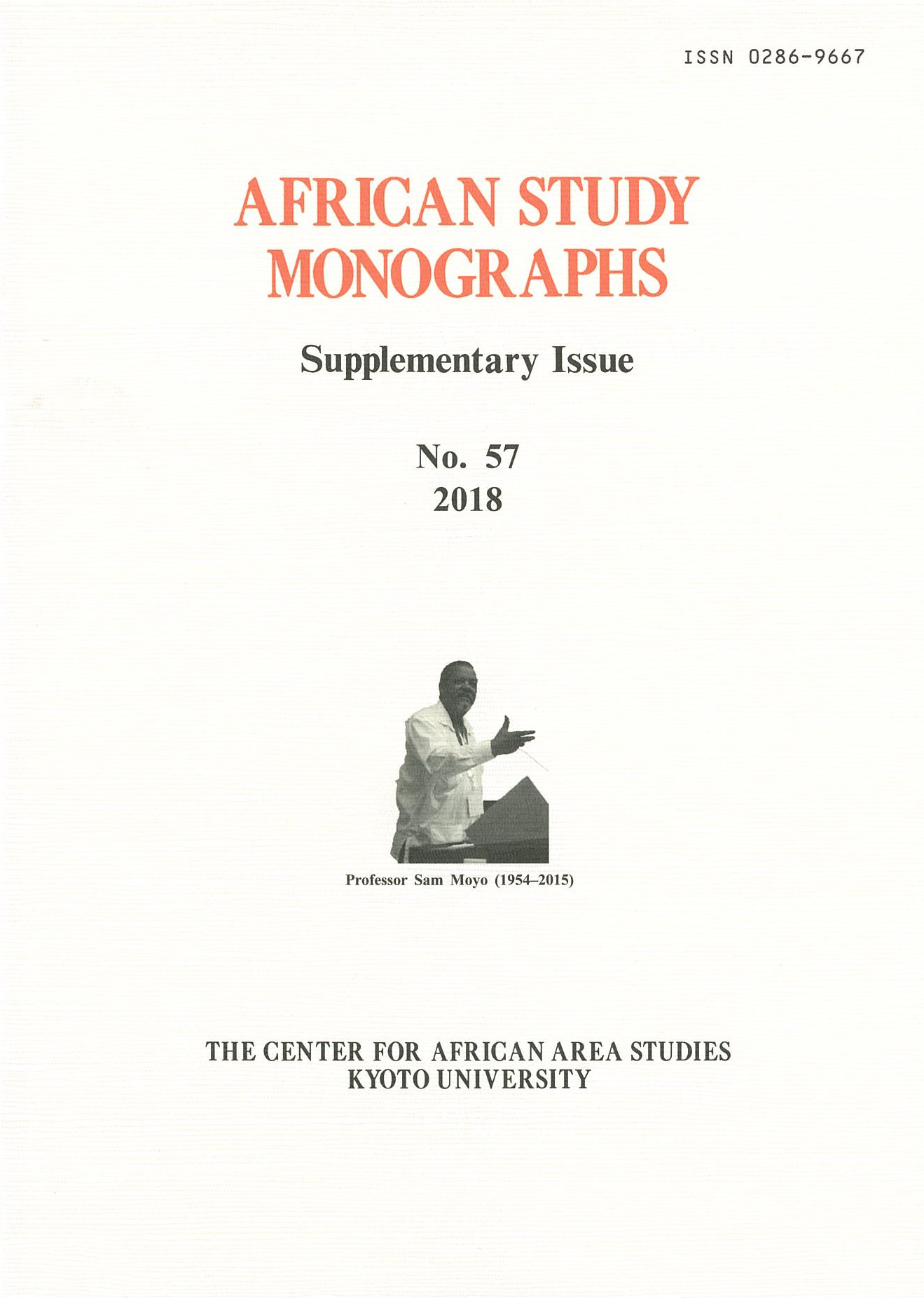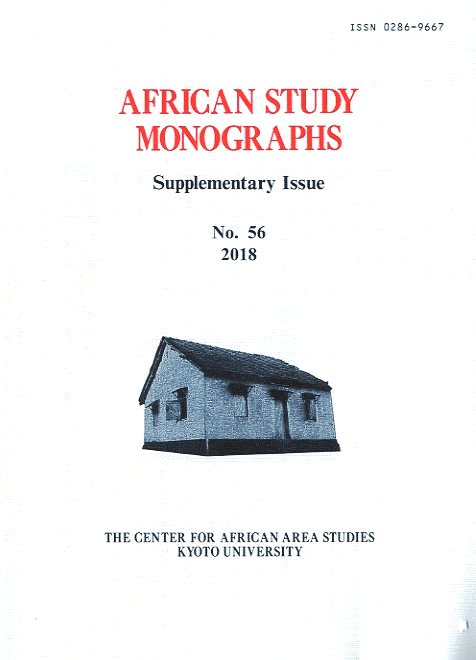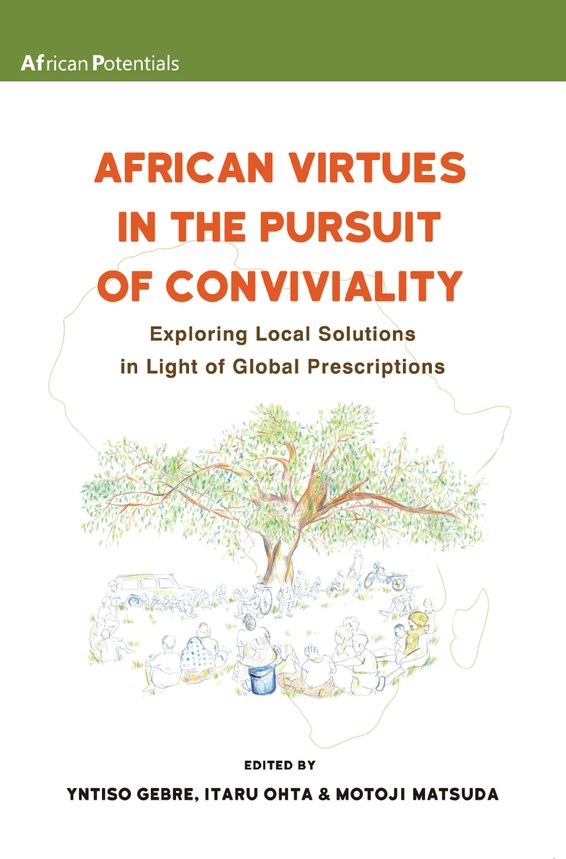AFRICAN FORUM
9th African Forum: Lusaka
Dates: November 29 – December 1, 2019
Venue: Cresta Golfview Hotel, Lusaka, Zambia
Summary of the Forum
The ninth African Potential Forum was held in Lusaka, the capital of the Republic of Zambia, from November 29 to December 1, 2019. Over 30 people, including presenters from Japan, Zambia, and other southern African countries; students from the University of Zambia; and Japanese researchers and practitioners living in Zambia, participated in the forum. They reported on their research from diverse disciplines, offering various angles to expand Africa’s potential while taking movement (and mobility) as a starting point. Lively and in-depth discussion followed the presentations.
Matsuda, the project leader, first explained the project’s outcomes over the past nine years. The explanation divided the achievements and challenges of the African Forums, held in various locations, into theoretical and conceptual difficulties and outcomes and the accumulation of empirical knowledge. At the same time, he suggested that this project is becoming a model for a new type of academic exchange and collaboration between Japan and Africa. Then, Professor Godfrey Hampwaye of the University of Zambia, representing the Zambian constituency, made a welcome speech, focusing on the African constituents’ expectations for this project.
Professor Hampwaye came to Japan for six months in 2019 and served as a visiting professor at the African Studies Center of the Tokyo University of Foreign Studies. During his stay in Japan, he also visited Kyoto University to report at a seminar where he discussed the project and shared the results with project members. Based on such exchanges, his welcome remarks outlined pertinent requests and expectations.
The keynote speaker at this year’s Lusaka Forum was Professor Owen Sichone, former Director of the Hammarskjold Institute for Peace and Conflict Studies at Copperbelt University, a historic national university with a campus in the Copperbelt region of northern Zambia. Professor Sichone is a highly respected researcher specializing in political science and political sociology who incisively analyzes the current state of southern African societies through the lens of coloniality and post-coloniality. In a prior consultation with the project secretariat (August 2019), the parties agreed to interpret social fluidity and reorganization using “movement (and mobility)” as a keyword. Along this line, Professor Sichone brilliantly captured not only geographical movement but also various types of movement in the context of post-colonial Africa.
In the second phase of the project, different topics have been set as guides to help theorizing African potential: indigeneity in Kampala in 2016, universalities in Graham’s Town in 2017, and futurity and informality in Accra in 2018. Movement (and mobility) elucidated a complex overall picture of African potential during this forum. This was a step forward from the somewhat formal attempts to define the characteristics of African potential in the first phase.
After the impressive keynote speech by Professor Sichone, fourteen oral presentations (eight from Africa and six from Japan) were presented in five sessions: Education and Knowledge Production, Rural Transformation and Development, Wisdom from Below, Gap and Integration, and Culture and Humanity. After the presentations, all participants engaged in focused discussions. The participants came not only from Japan and Zambia but also from Zimbabwe and Malawi. Their specializations included political science, law, anthropology, environmental studies, geography, and sociology, and they collaborated to facilitate a discussion of Africa’s potential. Specifically, in this forum, the flexibility and resilience of African customary law as “lived law” was raised by a female researcher who is engaged in both academic and social practice from the standpoint of feminist jurisprudence, which opened up new possibilities for the discussion of African potential.
Each of the five sessions had a commentator from the Japanese and African constituencies who provided creative positioning and recommendations from the perspective of continuity with previous forums.
The African core members, who have been participating in the Africa Forum since the project’s first phase began in 2011, and Japanese co-researchers played central roles in the sessions. The core membership has been strengthened with each iteration of the Africa Forum and now includes leading researchers from Kenya, South Africa, South Sudan, Ethiopia, Cameroon, and Ghana.
In the general discussion at the end, Professors Eisei Kurimoto and Itaru Ohta from the Japanese constituency, who have participated in all the forums since the first Nairobi Forum, and other core members from the African constituency summarized the accomplished horizons. Then, all participants engaged in freeform discussion.
Some of these results will be included in the series “African Potentials,” which will be published by Langaa RPCIG Inc. in the final year of the project.
PROGRAM
Program Timetable
November 29, Friday
- 18:00 – 18:30 Registration
- 18:30 – 20:30 Reception
November 30, Saturday
- 8:40 – 9:00 Opening Remarks
- Motoji Matsuda (Project leader, Kyoto University)
- 9:00 – 9:20 Greeting Address
- Godfrey Hampwaye (University of Zambia)
- 9:20 – 10:40 Keynote Address (Chair: Itaru Ohta)
- Owen Sichone (Copperbelt University)
- Mobility as Freedom, and Strangers as Potential Kin: Reflections on the African Potential for Managing Social Conflict
- 10:40 – 12:40 Session 1: Education and Knowledge Production (Chair: Itaru Ohta)
- Commentators: Edward Kirumira & Yaw Ofosu-Kusi
- 1-1. John Mweshi (University of Zambia)
A Critique of the Dilemmas of Education in Africa from the Perspective of “African Potentials.” - 1-2. Godfrey Hampwaye & Gilbert Siame (University of Zambia)
Championing Innovations in Urban Planning Discourses in Africa: Insights from the Master of Science in Spatial Planning Programme at the University of Zambia - 1-3. Nagisa Nakawa (Kanto Gakuin University)
Guided Participation as a Means of Classroom Interaction in Zambia: Observing Children’s Play - 12:40 – 13:40 Lunch Break
- 13:40 – 15:40 Session 2: Rural Transformation and Development (Chair: Yaw Ofosu-Kusi)
- Commentators: Michael Neocosmos & Eisei Kurimoto
- 2-1. Tetsu Sato (Ehime University)
Potentials of Sustainability Transformations Emerging from Community-Based Innovative Practices: Case Studies in Lake Malawi Riparian Villages - 2-2. Rangarirai G. Muchetu (Sam Moyo African Institute for Agrarian Studies)
Land Reform and Then What? Post-Reform Community Development Strategies in Sub-Saharan Africa; Lessons from Zimbabwe - 2-3. Yumi Sakata (Embassy of Japan in Zimbabwe)
African Potentials in Peasant Tobacco Farmers: A Case Study from the State-Led Capitalism and the Expansion of Tobacco Contract Farming in Zimbabwe - 15:40 – 15:50 Coffee Break
- 15:50 – 17:50 Session 3: Wisdom from Below (Chair: Motoji Matsuda)
- Commentators: Francis B. Nyamnjoh & Toshio Meguro
- 3-1. Bosco Rusuwa (University of Malawi)
Africa’s Potential: Historical Perspectives, Local Initiatives and the Wider Macro-Economic Environment as Drivers of Progress - 3-2. Yuko Sugiyama (Hirosaki University)
“We Have Already Tried It, Only Politicians Just Don’t Know It”: Making Innovation Socially Inclusive among the Bemba of Northern Zambia - 3-3. Shuichi Oyama (Kyoto University)
Willingness to Make a Profit While Being Fearful of Jealousy: The Role of “Piecework” in Bemba Society in Northern Zambia
December 1, Sunday
- 9:30 – 11:30 Session 4: Gap and Integration (Chair: Eisei Kurimoto)
- Commentators: Michael Neocosmos & Francis Nyamnjoh
- 4-1. Chuma Himonga & Tinenenji Banda (University of Zambia)
The Regulatory Potential of Living Customary Law in Southern African Contexts - 4-2. Chidongo Phiri (University of Zambia)
The African Potential on Reduction of Corruption “Nichekeleko” and “Ndishamo” in the Transport Sector in Zambia - 4-3. Horman Chitonge (University of Cape Town)
The African Union Protocol on the Free Movement of Persons in Africa: Implications for Labour Mobility and the Skills Gap - 11:30 – 13:00 Lunch Break
- 13:00 – 15:00 Session 5: Culture and Humanity (Chair: Itaru Ohta)
- Commentators: Edward K. Kirumira & Motoji Matsuda
- 5-1. Yuji Matsuhira (University of Hyogo)
Potentials of African Music: A Case of Zimbabwean Music in Japan - 5-2. Francis Nyamnjoh (University of Cape Town)
Ubuntuism and Africa - 15:00 – 15:45 Coffee Break
- 15:45 – 16:45 General Discussion
- Convener: Eisei Kurimoto (Osaka University)
- Convivial Dinner



